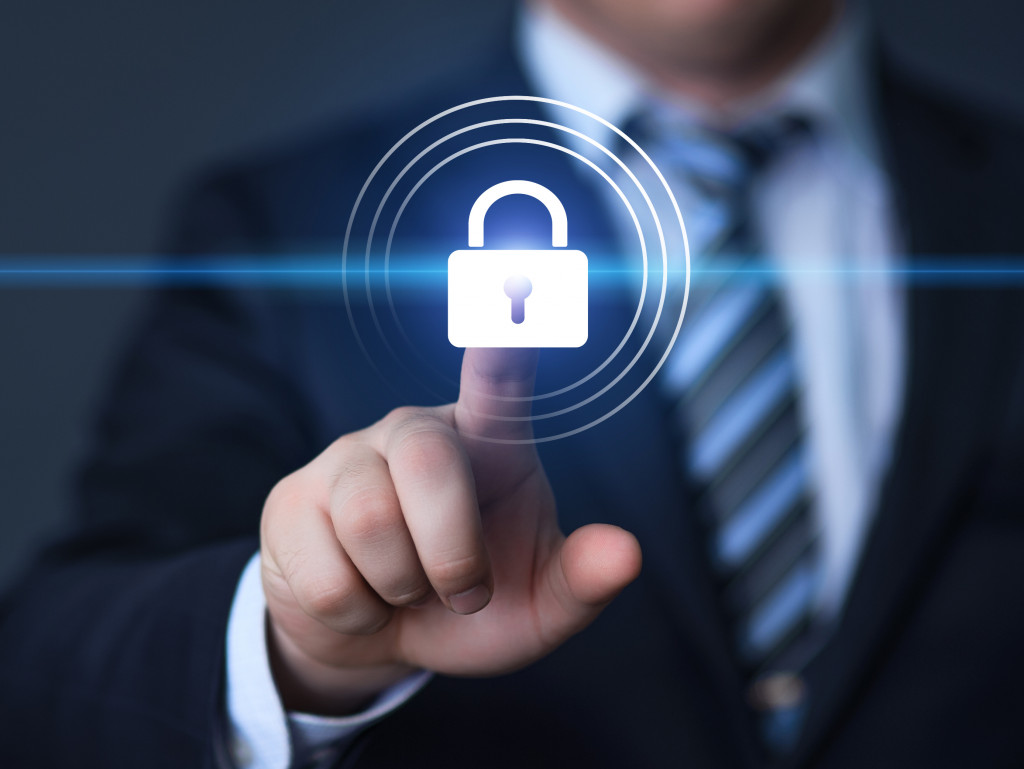As a business owner, you understand how important it is to protect your confidential information. Unfortunately, there are many ways for this information to be compromised, from disgruntled employees to data breaches, so you have to take steps to ensure the security of your business.
Here are some tips to help you keep your confidential information safe and secure.
1. Limit access to confidential information.
You should limit access to confidential information to only those who need it to do their job. Employees should only have access to the information they need to know and should not be able to access other company areas that they do not need to. You should also consider using physical security measures, such as locks and security cameras, to protect your confidential information further.
2. Create strong passwords and encrypt your data.
It would be best to protect all of your confidential information with strong passwords that are difficult to guess. You should also encrypt your data to make it unreadable if it falls into the wrong hands. When creating passwords, use a mix of letters, numbers, and symbols to make them as strong as possible. You should also change your passwords regularly to protect your information further.
3. Dispose of confidential information properly.
Secure document disposal is essential when you no longer need to keep confidential information. Do not simply throw it in the trash where others can easily access it. Instead, shred or burn the documents so that criminals cannot read them. You should also delete any digital files you no longer need and make sure they are permanently erased from your system.

4. Train your employees on security procedures.
You should train your employees on how to keep your confidential information safe. They should know how to create strong passwords, encrypt data, and dispose of documents appropriately. They should also be aware of the dangers of sharing confidential information with others, both inside and outside of the company. Create a strict security policy and ensure all of your employees understand it.
5. Use a secure server.
You should keep any confidential information stored electronically on a secure server. This server should be protected with a firewall and should only be accessible by authorized personnel. Make sure your server is backed up regularly so that you do not lose any critical data. You may also consider using a secure cloud-based storage system for your confidential information.
6. Be careful when sharing information electronically.
Email is not a secure way to share confidential information. If possible, avoid sending sensitive information via email. If you must send an email, encrypt the message and do not include any confidential information in the subject line. It would help if you also were careful when sharing information through instant messaging and social media.
7. Keep your software up to date.
One of the best ways to protect your confidential information is to keep your software up to date. Regular updates will fix any security vulnerabilities in your system and help keep your information safe. When new updates are available, install them as soon as possible. You should also set your software to update automatically so that you do not have to remember to do it yourself.
8. Be aware of social engineering scams.
Social engineering scams are becoming more and more common. In these scams, criminals pose as legitimate companies or individuals to trick you into giving them confidential information. They may send emails or make phone calls pretending to be from a trusted source. Be suspicious of any unsolicited requests for information, and never give out your passwords or other sensitive data to anyone.
9. Use a VPN.
A virtual private network (VPN) is a great way to protect your information while using public Wi-Fi. A VPN encrypts your data and prevents others from accessing it. When you connect to a VPN, ensure it is a trusted source. You should also avoid using public Wi-Fi for any confidential information, as it is not secure.
10. Review your security regularly.
Lastly, you should review your security procedures regularly to ensure they are effective. Evaluate your systems and find any weak spots that need to be fixed. Make sure your employees follow all of the security procedures and understand the importance of keeping your confidential information safe. By taking these steps, you can help protect your business from the dangers of leaks and theft.
Businesses of all sizes can take steps to protect their confidential information. By using a combination of security measures, you can keep your data safe from prying eyes. Remember to regularly review your security procedures and update them as needed to stay one step ahead of the criminals.

